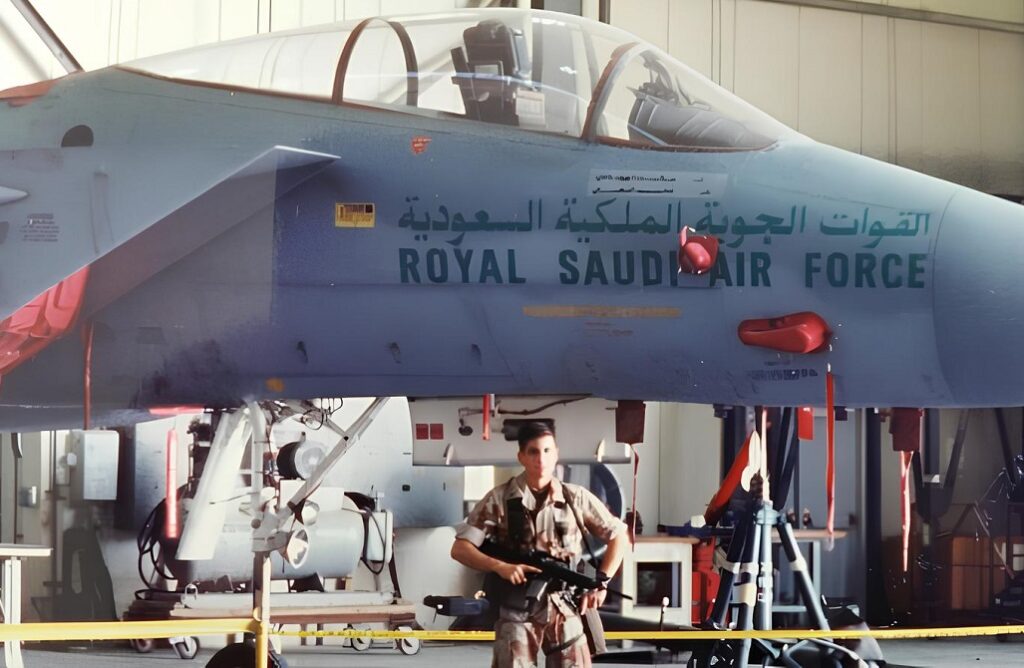By Paul Peng
When service members leave the military, the realization of “Where do I go from here?” occurs way too often. By default, many service members return to school to obtain a bachelor’s and hopefully land a successful career upon graduation. Others start looking for employment to provide for themselves and their families. Yet, many veterans seldom know that nonprofit organizations and resources are available to them and their loved ones to assist with this transition.
I had a chance to sit down with Jeff Pagano, the head of the Orange County Veterans Military Family Collaborative (OCVMFC), a free service for veterans to utilize for housing, employment, networking and much more, to learn about his transition and resources that are available through the nonprofit sector.
What made you want to join the military?
I joined the OC Sheriff’s Department Explorer program at 16. My uncle was a Marine Corps aviator in Vietnam, and I always admired his clear-minded, confident and strong character. In 1987, I wanted to be in law enforcement before turning 21, and the U.S. Marine Corps gave me that opportunity right out of high school.
Tell me about your experience guarding Marine One and seeing George HW Bush daily.
In 1988, after I graduated from Marine Bootcamp at MCRD San Diego and the Military Police Academy in Texas, I was recruited by a couple of military guys in business suits who were interviewing recently graduated MPs for HMX-1 Presidential Security aboard Marine One, the Presidential Helicopter Squadron. I served under the very last part of President Reagan’s administration and then President Bush’s Administration until 1989.
I was allowed to witness many moments in history that others do not get to see behind the scenes. I was on a mission in Saudi Arabia on Thanksgiving Day 1990 when President Bush, with Mrs. Bush by his side, gave his speech to our troops who were about to go into Iraq (Operation Desert Shield).
We traveled often and extensively to almost every state in the U.S. I remember the first time I got to salute the President as he came aboard Marine One with the First Lady, Barbara Bush. President Bush had just been inaugurated earlier that month. He was over 6’ tall, and I am only 5’7” and had to get a height waiver to be an MP. He walked up to the stairs of Marine One while the crew chief and I snapped a crisp, coordinated Marine salute. I yelled out over the noises of the airfield, “Good morning, Mr. President!” He bent down to see my eyes under my cover, saluted and said, smiling, “Good morning, Marine!”
Tell me about OCVMFC and how it helps and provides resources for transitioning service members and veterans.
I am lucky as I love what I do for a career working for UC Irvine as the program manager and convener of the OCVMFC. Our Collaborative is comprised of over 150 public and private service organizations working together to help veterans and their family members thrive here in Orange County, California, where our veteran population is around 105,000, and most of our veterans are over 65.
It is a 100% volunteer program and has 12 working groups and committees that take deep dives into serving our veterans and their families, including housing, health and wellness, education, children and families, employment, legal aid, older adult veterans and women veterans, to name a few. As a mentor of mine and former boss once told me, “Veterans help other veterans; it’s in our DNA.”
What advice would you give to transitioning service members and veterans?
My best advice would be to be prepared and have a plan before you get out of the military. Be proud and identify yourself as a veteran. Remember, now you must provide for yourself with income, affordable housing, food, health care and transportation.
Make sure you register with your County Veteran Service Office and enroll in the VA Healthcare System (even if you don’t think you need it). Also, remember that most civilians don’t understand veterans. They don’t know the immense responsibility and leadership experience we are given in some of the harshest environments at early ages. It is difficult for employers to understand your military experience and how that could translate into what they need as employees. This is where veteran service organizations can get you prepared and connected to a worthwhile career in the civilian world.
The process takes time and training, and your efforts should start almost a year before discharge. If you are considering going to college, connect with the local community colleges and see if they have a Veteran Resource Center. They will help you navigate the minefield of mistakes countless veterans have made before you. If you are running into trouble and are suffering from mental health issues, it is okay to get help! You are not alone. Reaching out for mental health services with the VA, privately, or through other veteran service organizations is not a sign of weakness; it is a sign of courage.
Read more articles for the veteran community here.


